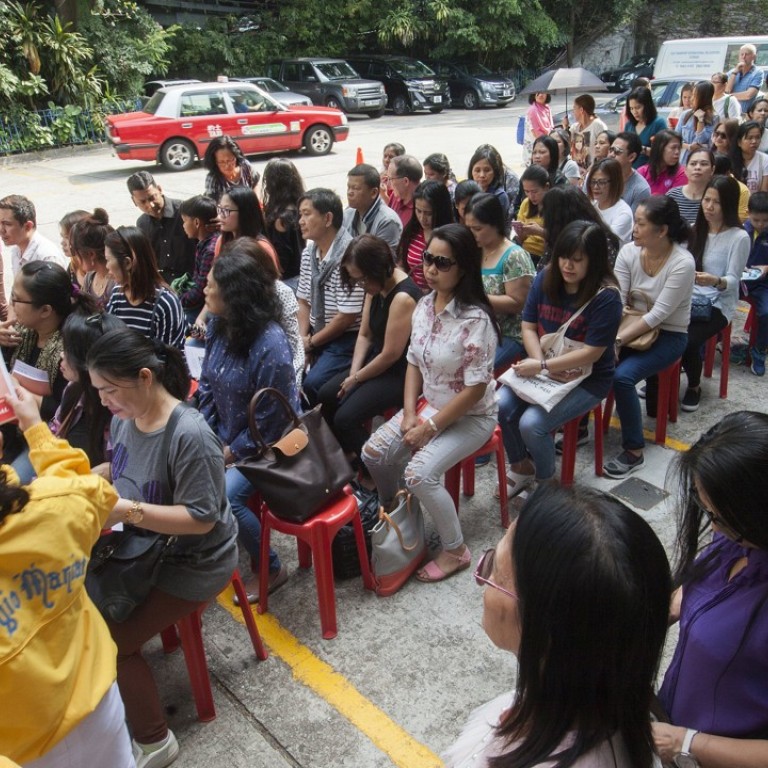
Time to count the mental cost of hardship for ethnic minorities in Hong Kong
Recent statistics show that arrival of domestic helpers alone (usually from South and Southeast Asia) has increased by over 40 per cent in the past decade, and is expected to grow even further – by 67 per cent in the next 30 years. This is alongside a surge in the arrival of African immigrants, whose numbers have risen recently due to the diverse economic interests of governments, corporations and individuals.
The majority of ethnic minorities come in search of greener pastures, yet find themselves condemned to menial jobs, which barely afford them a decent living. Interestingly, a significant portion of this group remains the beacon of hope for their relatives back home who depend on them to make ends meet.
Such expectations, coupled with challenges such as language barriers, discrimination, poor housing, lack of job security and unequal opportunities in social services, may exacerbate the economic misery they sought to avoid in the first place.
Illegal fees, little rest and no documents: domestic helpers in Hong Kong continue to fight for their rights
Research shows that, if compounded, these everyday life pressures may not only impinge on one’s ability to gain a meaningful livelihood, but could also result in mild to dire mental health problems.
Furthermore, due to economic barriers, limited information and social challenges including stigma, ethnic minorities often overlook mental health problems.
Critics argue that Hong Kong’s mental health services have over-fixated on mental illness instead of mental health. These limitations are complicated by the fact that ethnic minorities are a heterogeneous group in how they understand and deal with mental health issues.
For instance, many cultures in Sub-Saharan Africa relate extreme mental illness to spirituality. Such interpretations shape one’s willingness to commit to treatment and determine attitudes and trust in available care options.
Living in subdivided flats that nobody wants – the grim struggle to find a home for Hong Kong’s poorer ethnic minorities
Given the government’s budget surplus, more has to be done to create an inclusive society with equal opportunities to promote mental well-being.
There must be a deeper appreciation of the everyday challenges faced by the ethnic minorities and their distinctive ways of dealing with mental health problems, as well as their level of awareness of the opportunities provided by the Hong Kong health system.
Padmore A. Amoah, research assistant professor, Lingnan University

